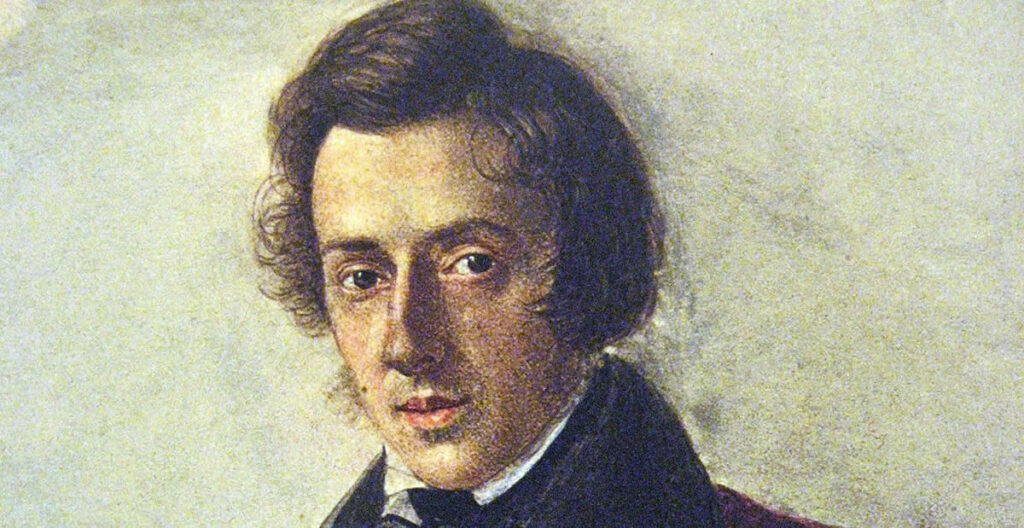
The Story Behind Chopin’s Sonata No. 2
Frédéric Chopin’s Sonata No. 2 in B-flat minor, Op. 35, widely known as the “Funeral March” Sonata, is one of the most iconic works in[…]
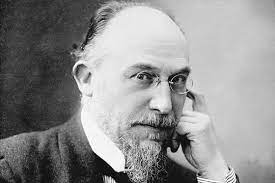
The Story Behind Erik Satie’s Gymnopedie
The Gymnopédies, a set of three piano pieces composed by Erik Satie in 1888, remain some of the most iconic and enigmatic works in classical[…]
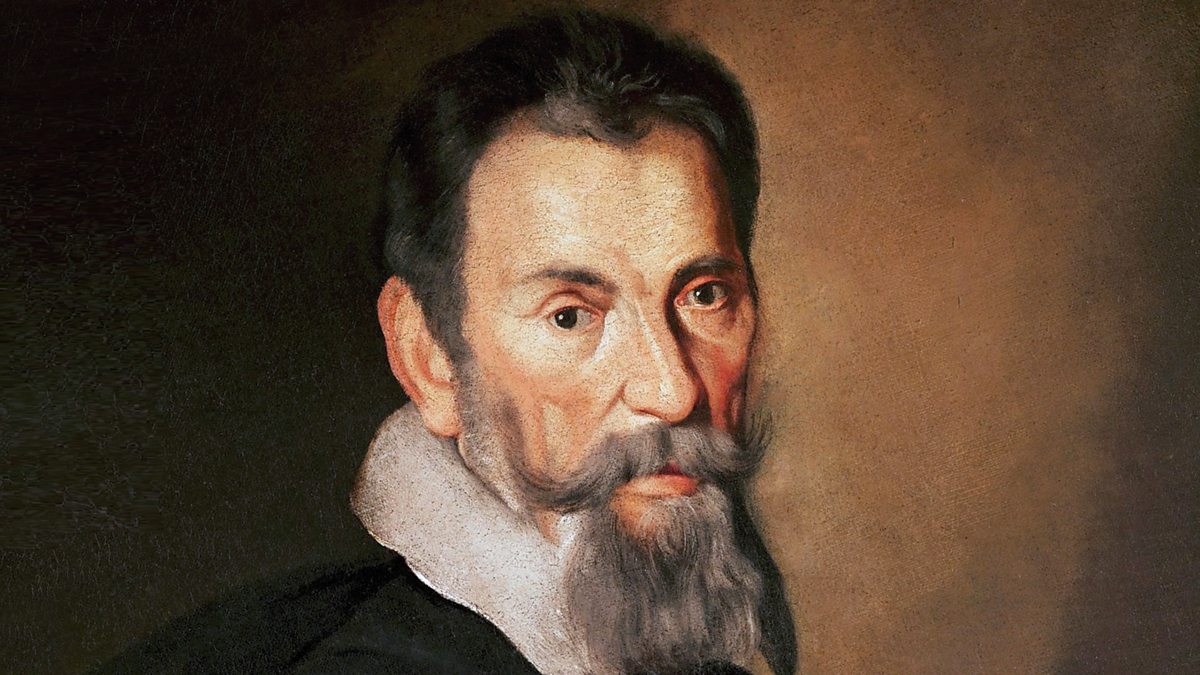
The Life and Legacy of Giuseppe Verdi
Giuseppe Verdi (1813–1901) remains one of the most celebrated composers in the history of classical music, renowned for his extraordinary operas that continue to captivate[…]
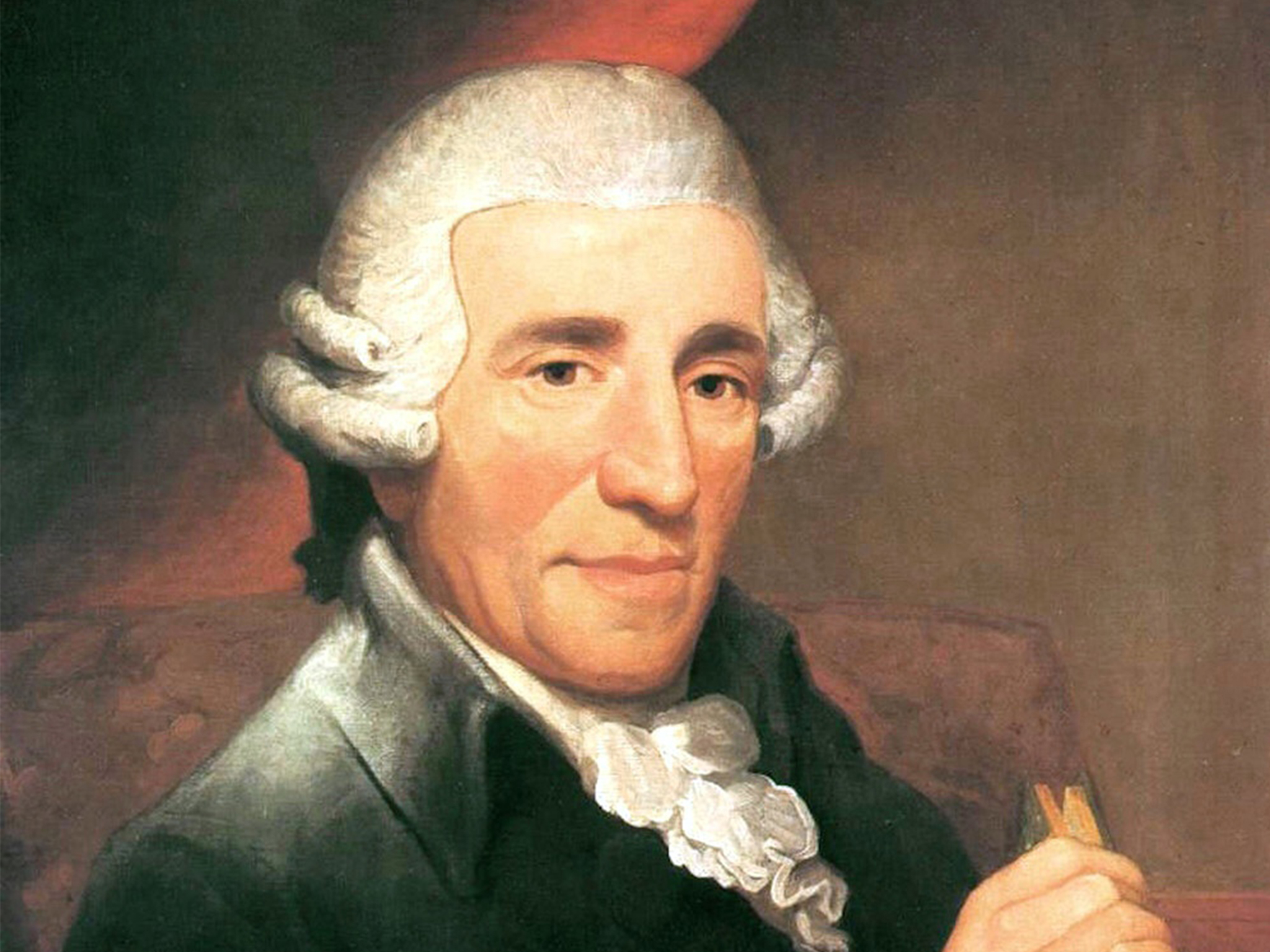
Joseph Haydn: The Father of the Symphony
Joseph Haydn, often referred to as the “Father of the Symphony” and the “Father of the String Quartet,” was one of the most influential and[…]
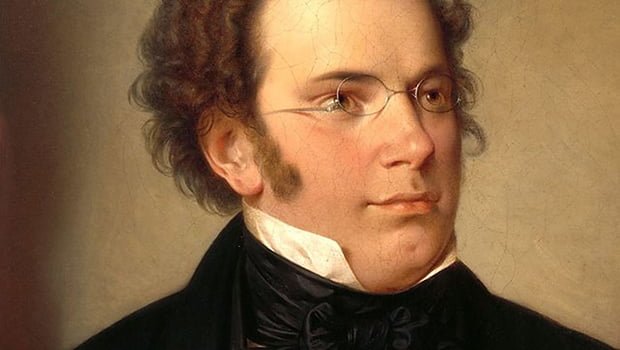
Franz Schubert: The Prodigy of Romanticism
Franz Schubert (1797–1828) was an Austrian composer whose music bridged the Classical and Romantic eras. Despite his short life, Schubert left an indelible mark on[…]
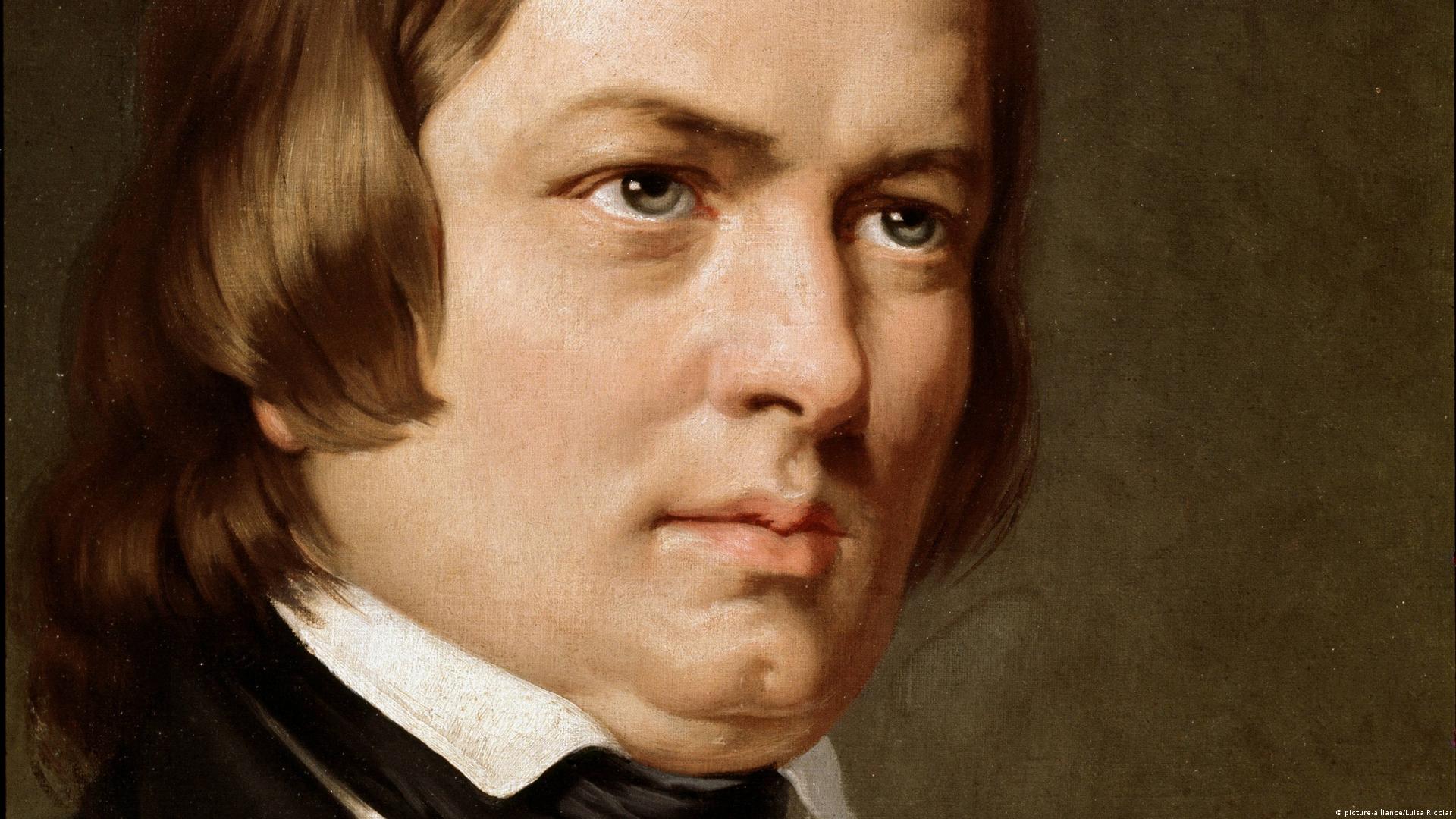
The Life and Legacy of Robert Schumann: A Genius of Romantic Music
Robert Schumann (1810–1856) was one of the most influential and iconic composers of the Romantic era. His works, characterized by emotional depth, poetic inspiration, and[…]
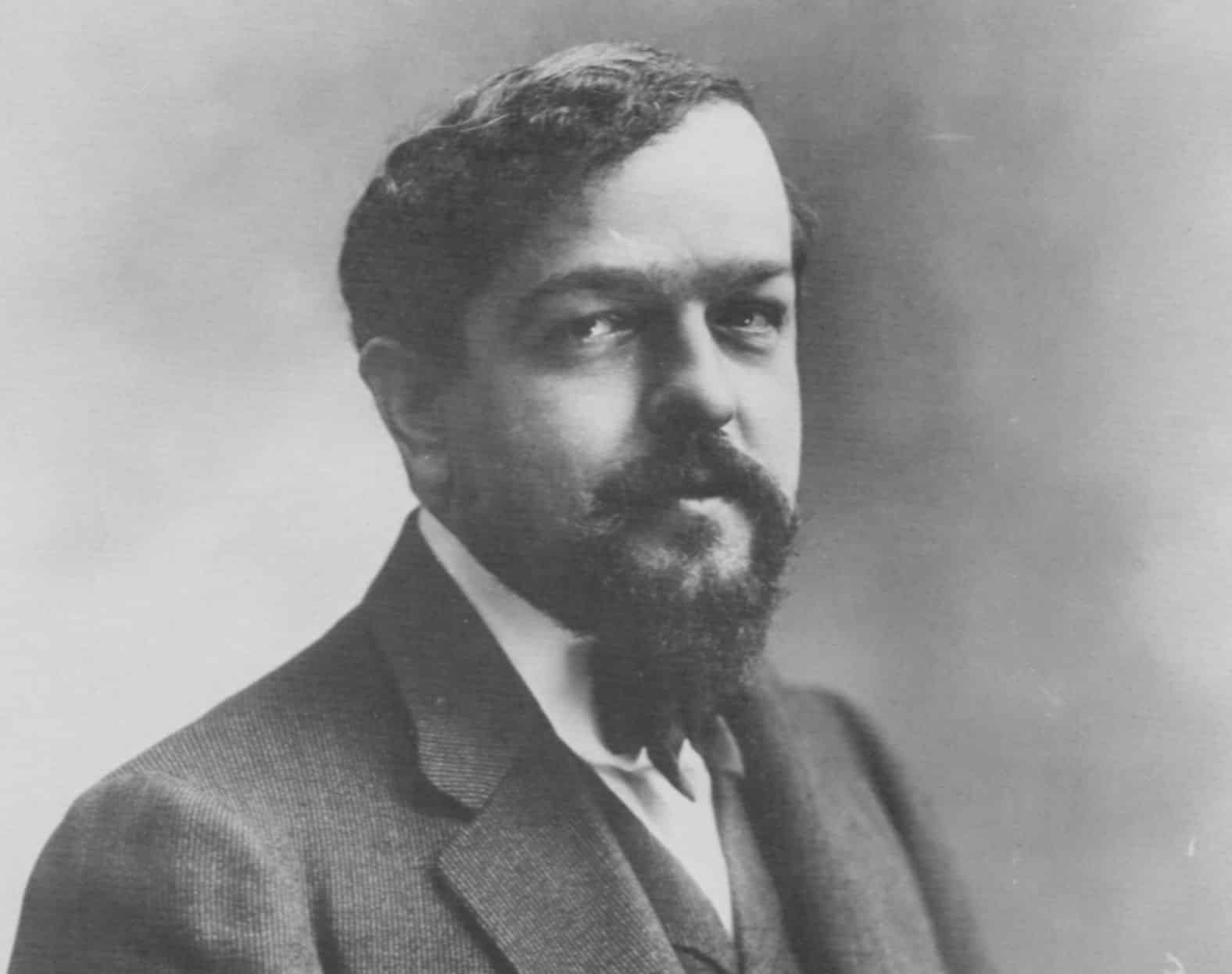
Biography of Claude Debussy: The Master of Impressionism
Claude Debussy (1862–1918) was a revolutionary French composer whose groundbreaking music redefined the boundaries of classical music and inspired countless generations of musicians. Widely regarded[…]
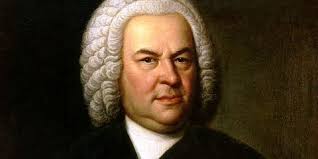
Johann Sebastian Bach: The Master of Baroque Music
Johann Sebastian Bach (1685–1750) is widely regarded as one of the greatest composers in the history of Western music. Born in Eisenach, Germany, into a[…]
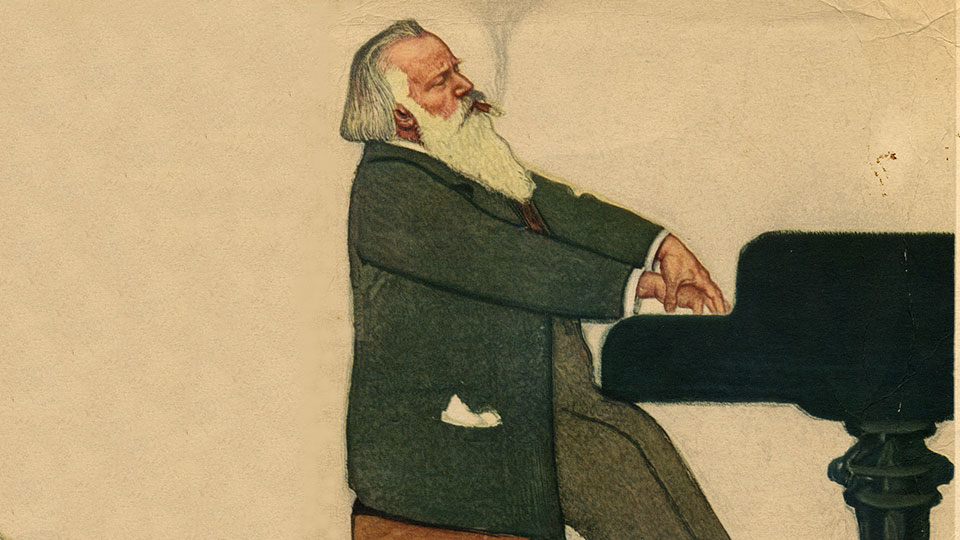
Johannes Brahms: A Master of Romantic Music
Johannes Brahms (1833–1897) was a German composer and pianist who stands as one of the giants of the Romantic era. Renowned for his deep emotional[…]
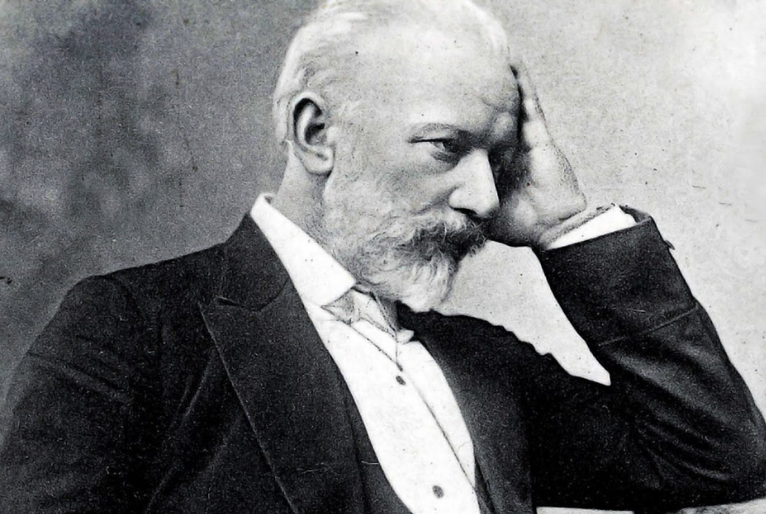
Pyotr Ilyich Tchaikovsky: A Biography
Pyotr Ilyich Tchaikovsky (1840–1893) remains one of the most beloved composers in classical music history. Known for his emotional depth, unforgettable melodies, and dramatic compositions,[…]